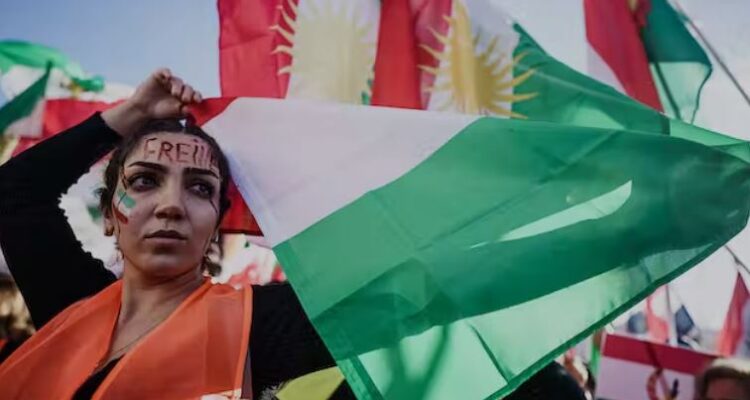This article by Adjunct Professor Amin Saikal, from the School of Social Sciences and the Centre for Muslim States and Societies at The University of Western Australia originally appeared in The Conversation on February 28.
The Iranian Islamic regime has been seriously challenged since the start of public protests last September. The government has sought to contain and suppress the protesters – even resorting to executions – but has been unable to stop them.
There are continuing reports of mass demonstrations in various parts of the country, including in the capital Tehran and other major cities in recent weeks.
The European Union last week placed new sanctions on Iranian individuals and entities, but stopped short of labelling the Revolutionary Guards a terrorist group. Australia has also imposed new sanctions on Iranian officials, but critics have said it is not sufficient.
This is not the first time the Islamic regime has been besieged by protests. It has faced many domestic and foreign policy challenges over the past 40 years, including severe Western sanctions and international isolation.
The regime came to power in the wake of the momentous revolution of 1978-79 that toppled the pro-Western monarchy of Mohammad Reza Shah. This propelled his key religious and political opponent, Ayatollah Ruhollah Khomeini, to transform Iran into a radical, predominantly Shia Islamic republic, with an anti-US posture.
Read the article by Amin Saikal from the University of Western Australia.

